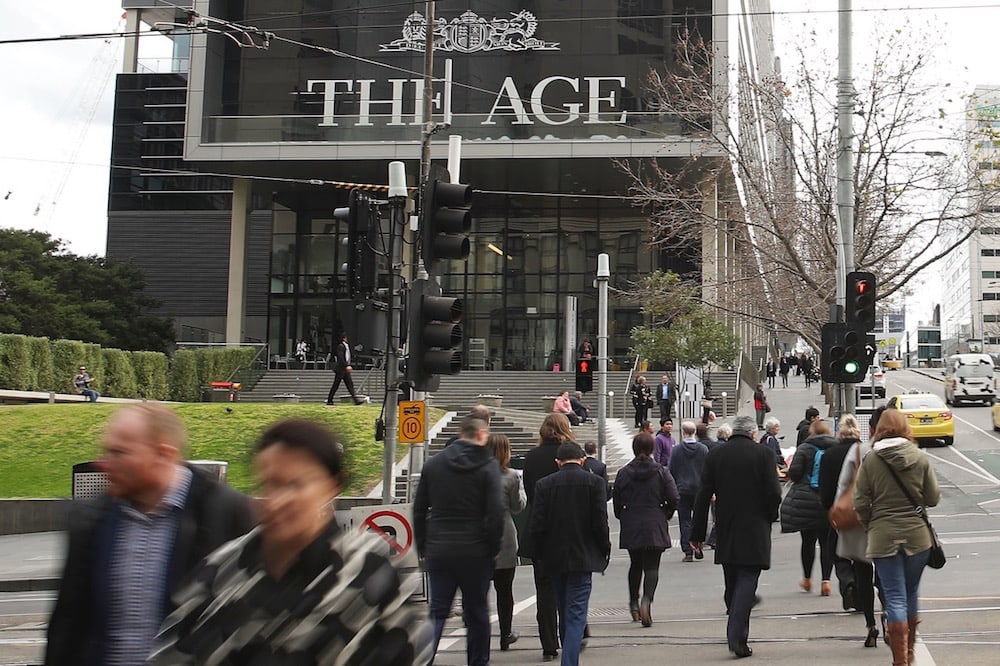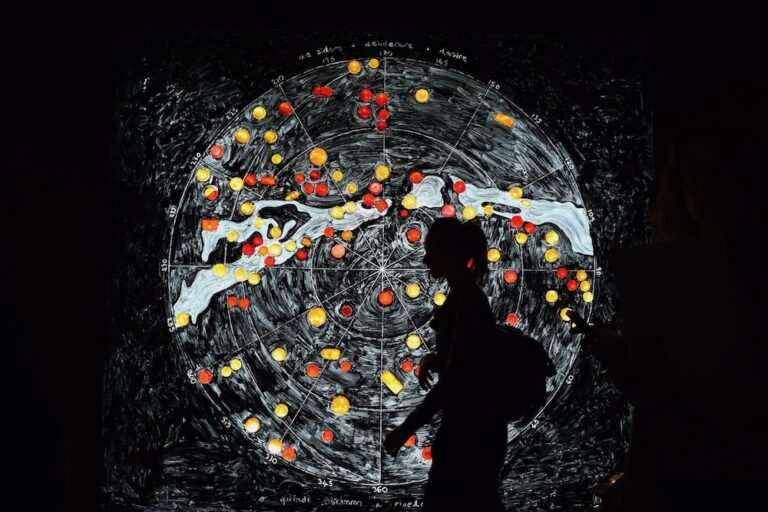The Media, Entertainment & Arts Alliance said the recent judgment in a case filed by a businessman against a local media network highlights the need to adopt defamation law reforms in Australia.
This statement was originally published on meaa.org on 2 February 2021.
The decision in today’s Federal Court action brought by a businessman against the ABC and the former Fairfax newspapers has highlighted the urgency for all jurisdictions across Australia to adopt uniform defamation law reforms.
The Media, Entertainment & Arts Alliance (MEAA), the union for Australia’s journalists, noted today’s judgement in the Federal Court in the defamation action brought by Dr Chau Chak Wing.
MEAA Media section federal president Marcus Strom said: “Without commenting on the specifics of today’s ruling, the matter highlights the difficulty journalists operate under negotiating Australia’s restrictive defamation laws. Reform has started but it needs to be quicker, deeper.
“Ultimately, Australia’s defamation regime concerns the public’s right to know and press freedom in Australia,” Strom said. “Lengthy court cases and massive damages payouts are crippling to media organisations. Amendments to the uniform national defamation law regime will hopefully go some way to ameliorating that threat,” Strom said.
The chilling effect of defamation laws on public interest journalism were highlighted in an April 2020 survey by MEAA of press freedom issues. The survey found that 89% of journalist respondents believed that Australia’s defamation laws made reporting more difficult.
Some 32% of respondents said that in the previous 12 months they had a news story “spiked” or dropped because of fears of a defamation action. Almost a quarter of survey respondents said laws relating to defamation and non-publication orders had affected their ability to produce journalism.
All Attorneys-General around Australia agreed to adopt reforms to defamation law in July last year to “strike a better balance between protecting individual reputations and freedom of expression, particularly regarding matters of public interest.”
The reforms included a new public interest defence and the introduction of a serious harm threshold.
The amendments will be enacted and will commence this year.



